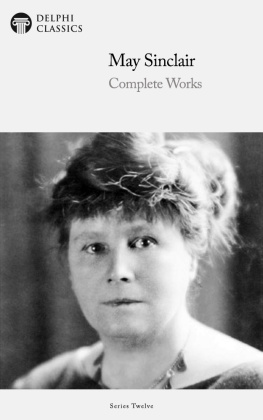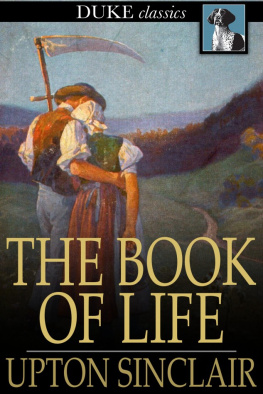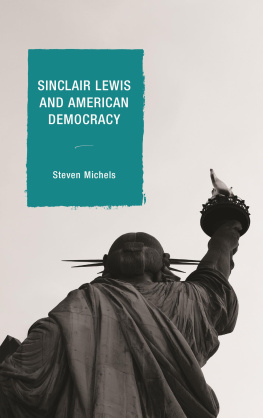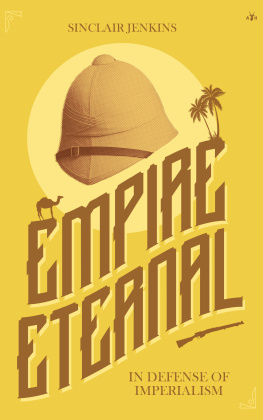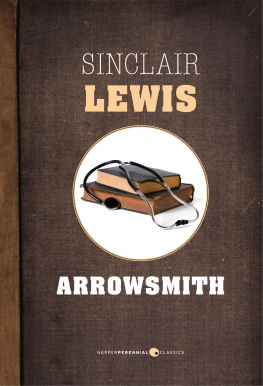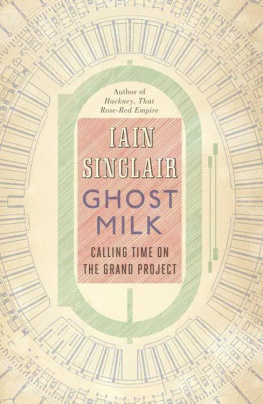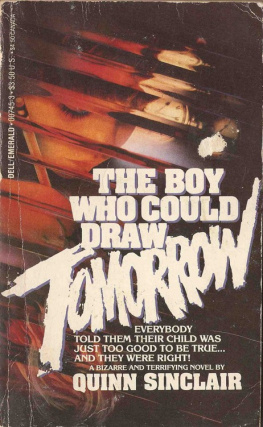
The Complete Works of
MAY SINCLAIR
(1863-1946)

Contents

Delphi Classics 2021
Version 1


Browse our Main Series

Browse ou r Ancient Classics

Browse our Poets

Brow se our Art eBooks

Browse our Classical M usic series

The Complete Works of
MAY SINCLAIR

By Delphi Classics, 2021
COPYRIGHT
Complete Works of May Sinclair

First published in the United Kingdom in 2021 by Delphi Classics.
Delphi Classics, 2021.
All rights reserved. No part of this publication may be reproduced, stored in a retrieval system, or transmitted, in any form or by any means, without the prior permission in writing of the publisher, nor be otherwise circulated in any form other than that in which it is published.
ISBN: 978 1 80170 012 2
Delphi Classics
is an imprint of
Delphi Publishing Ltd
Hastings, East Sussex
United Kingdom
Contact: sales@delphiclassics.com

www.delphiclassics.com
Parts Edition Now Available!

Love reading May Sinclair ?
Did you know you can now purchase the Delphi Classics Parts Edition of this author and enjoy all the novels, plays, non-fiction books and other works as individual eBooks? Now, you can select and read individual novels etc. and know precisely where you are in an eBook. You will also be able to manage space better on your eReading devices.

The Parts Ed ition is only available direct from the Delphi Classi cs website.
Try free Parts Edition downloads

From realist masters to modernist pioneers
. explore Interwar Literature at Del phi Classics

The Novels

Rock Ferry, an area of Birkenhead on the Wirral Peninsula, England Mary Amelia St. Clair, known by her pen name of May Sinclair, was born in Rock Ferry in 1863.

Rock Ferry, c. 1895
Audrey Craven (1897)

Audrey Craven was first published in 1897 by William Blackwood and Sons in England. Between the journal and book publishing, Blackwood and Sons would release writings by some of the most renowned novelists of the nineteenth century, including George Eliot and Joseph Conrad. Audrey Craven was Sinclairs debut novel, released more than a decade after the publication of her first poetry collection. Throughout the 1880s and 1890s, Sinclair was forced to dedicate much of her time to working as a translator in order to financially support herself and her aging mother. She was left with little time and few opportunities to pursue a creative career at that point in her life.
The novel centres on a beautiful young woman, the eponymous Audrey Craven, who has managed to cultivate an entirely undeserved reputation for originality. Rather than being unique or original, she is in fact a shallow, self-centred and solipsistic heroine, whose only desire is to become a muse to a great artist or thinker. The Victorian author George Gissing, perhaps best known for his 1881 novel, New Grub Street , was a great admirer of the novel. He praised the prose and the tight construction of the plot as well as the characterisation and tone of the work.

Sinclair as a young woman, c. 1904
CONTENTS
CHAPTER I

E VERYBODY KNEW THAT Miss Audrey Craven was the original of Laura, the heroine of Langley Wyndhams masterpiece. She first attracted the attention of that student of human nature at Oxford, at a dinner given by her guardian, the Dean of St. Benedicts, ostensibly in honour of the new Master of Lazarus, in reality for his wards entertainment and instruction in the bewildering art of life.
It was thunder-weather. Out of doors, a hot and sleepy air hung over the city; indoors, the forecast was no less heavy and depressing. Not so, however, to Miss Audrey Craven. The party was large and mixed; and to the fresh, untutored mind of a tyro, this in itself was promising. The Dean pursued the ruinous policy of being all things to all men; and to-night, together with nonentities and Oxonians of European renown, there was a sprinkling of celebrities from the outside world. Among these were Mr. Langley Wyndham, the eminent novelist, and his friend Mr. Percival Knowles, the critic who had helped him to his eminence. Having collected these discordant elements around him, the Dean withdrew from the unequal contest, and hovered, smiling ineffectually, on the outskirts of his little chaos. Perhaps he tried to find comfort in a conscience satisfied for a party spoiled. But for Audrey this wild confusion was rich in possibility. However baffling to those officially responsible, it offered a wider field for individual enterprise; and if she did not possess that fine flow of animal spirits which sometimes supports lesser minds under such circumstances, she had other qualities which stood her in good stead. Conspicuous amongst these was an indomitable moral courage. She prepared to hurl herself into the breach.
Next page
